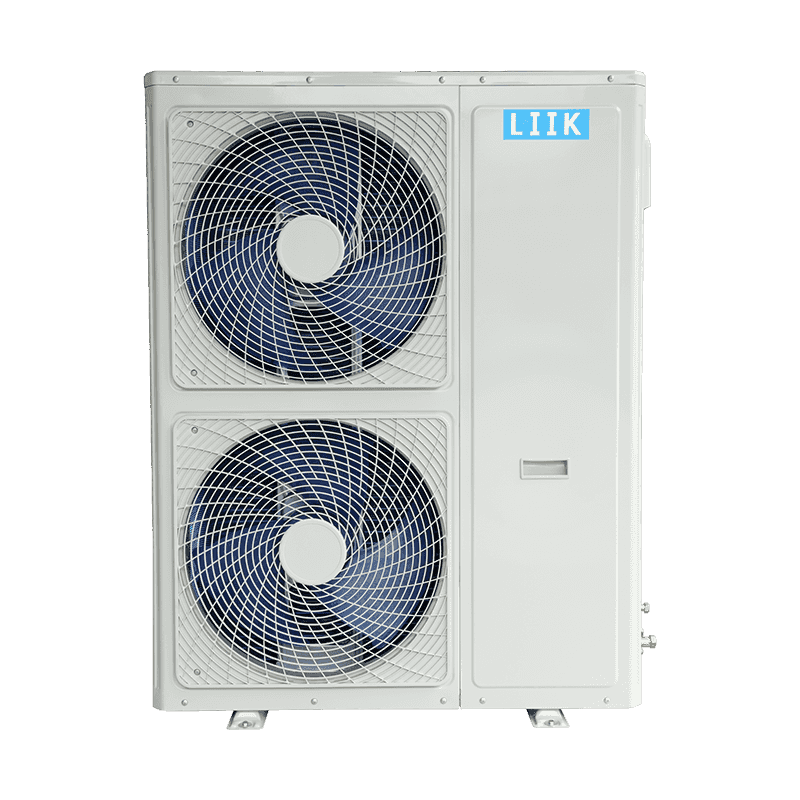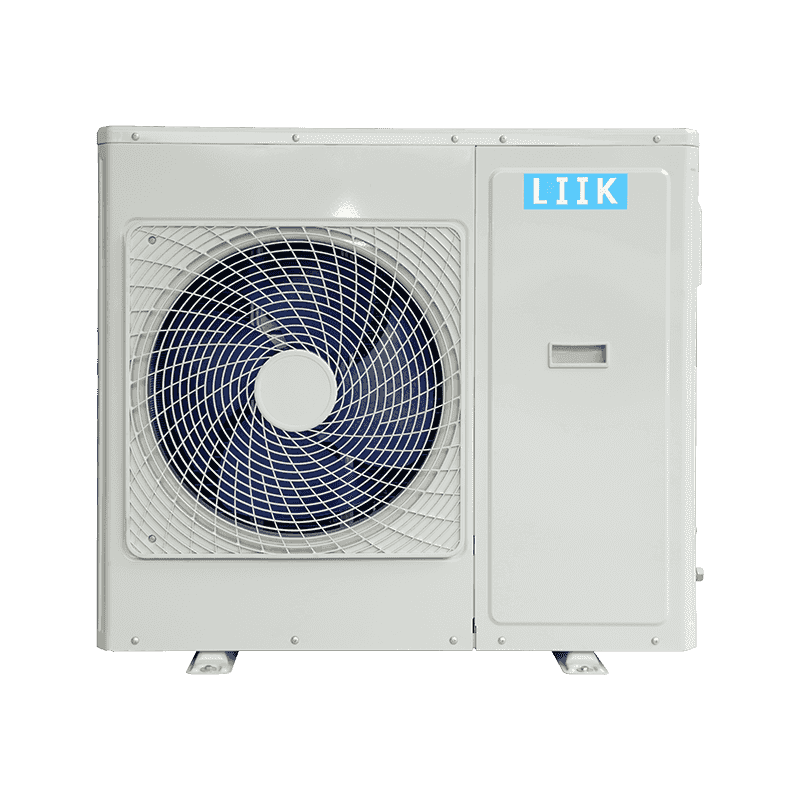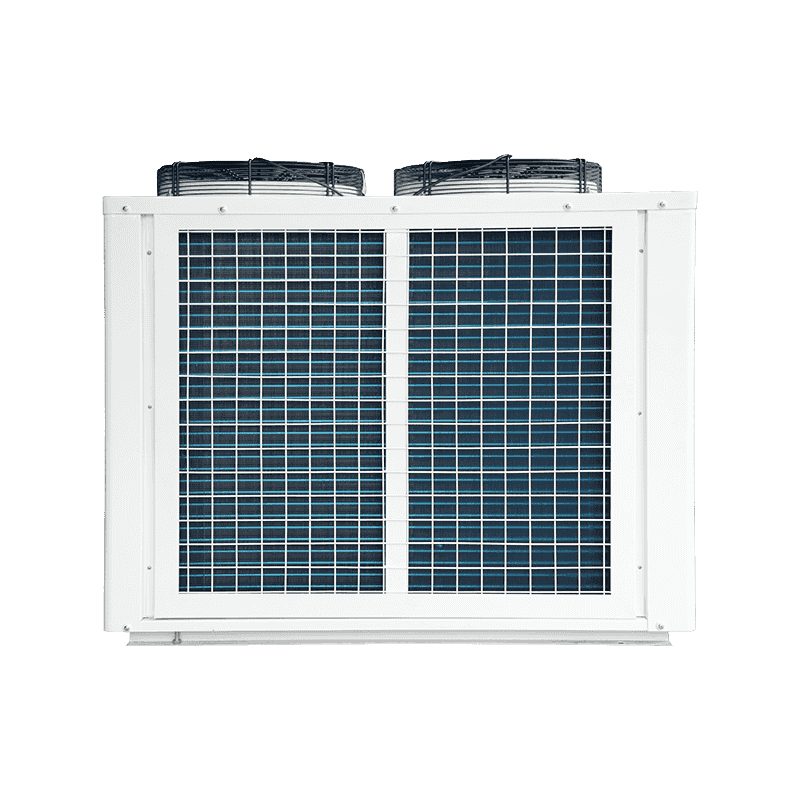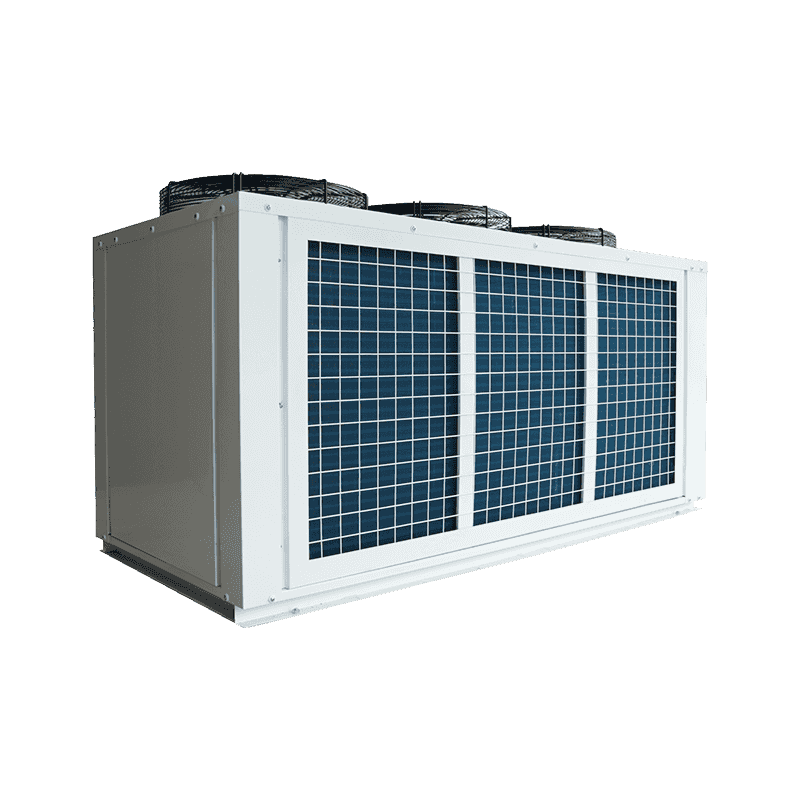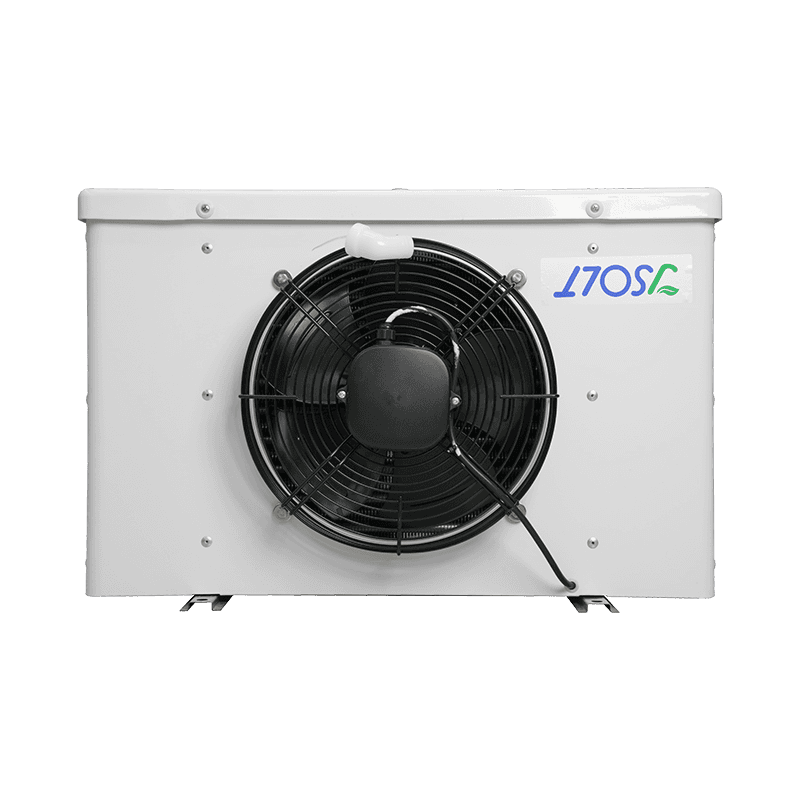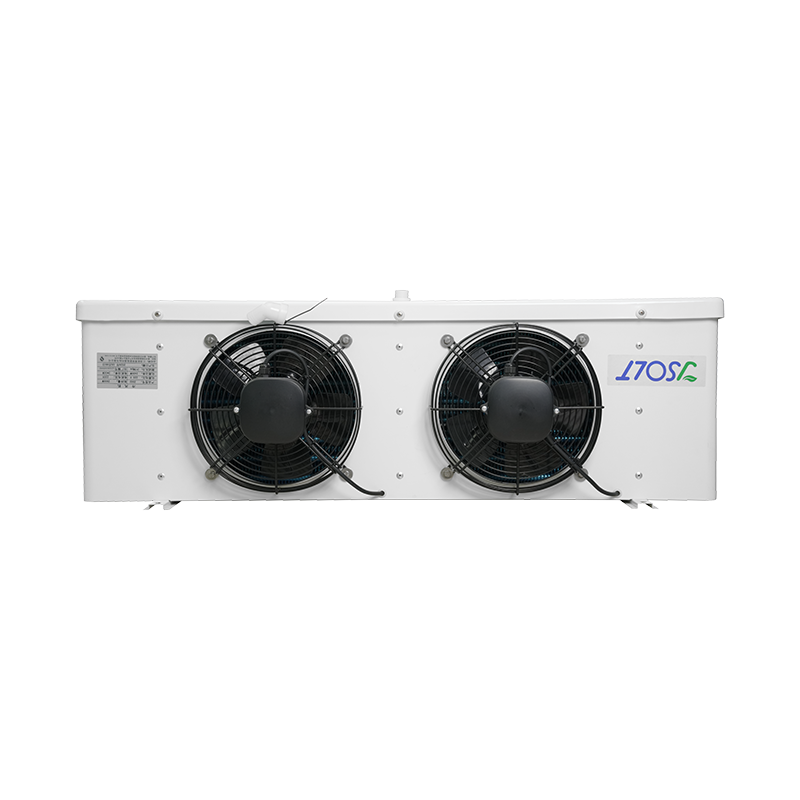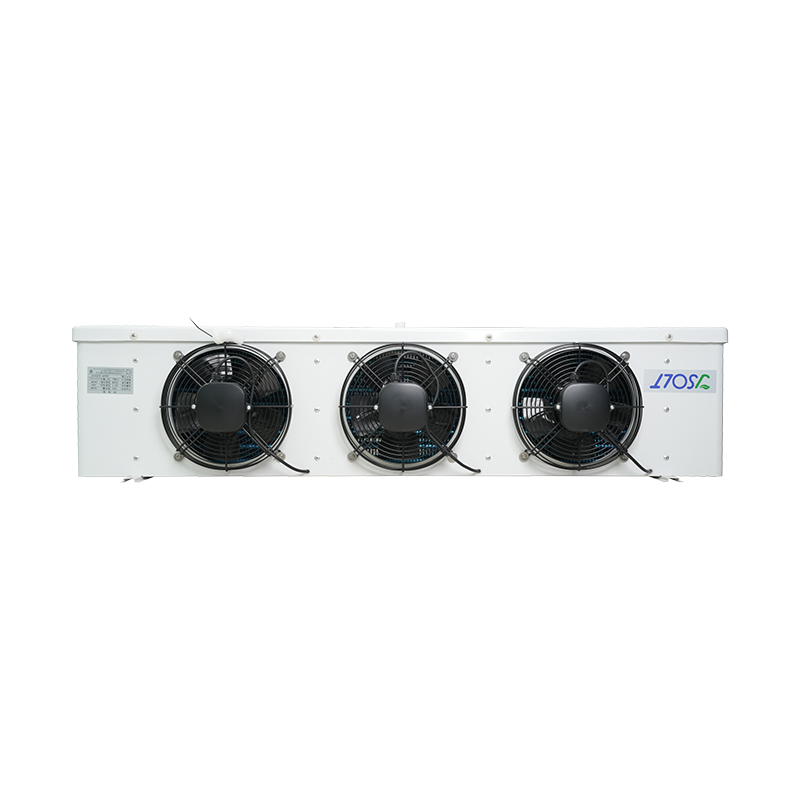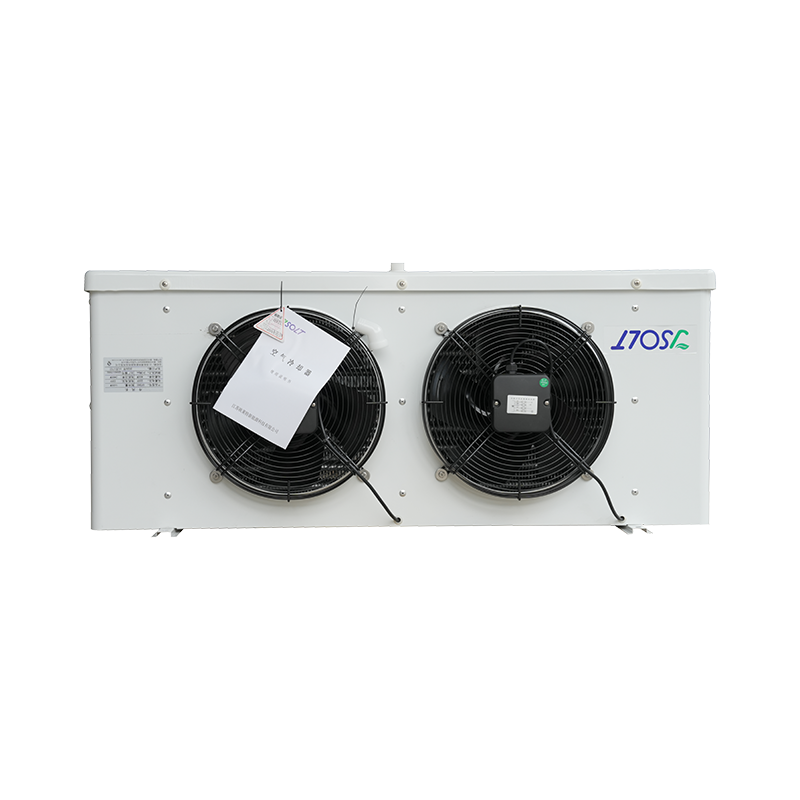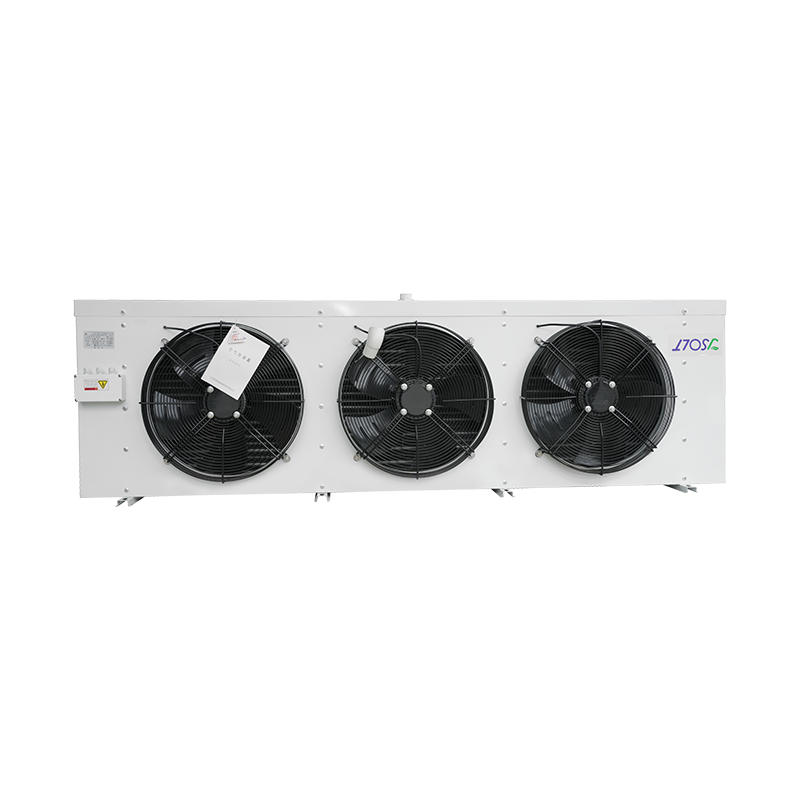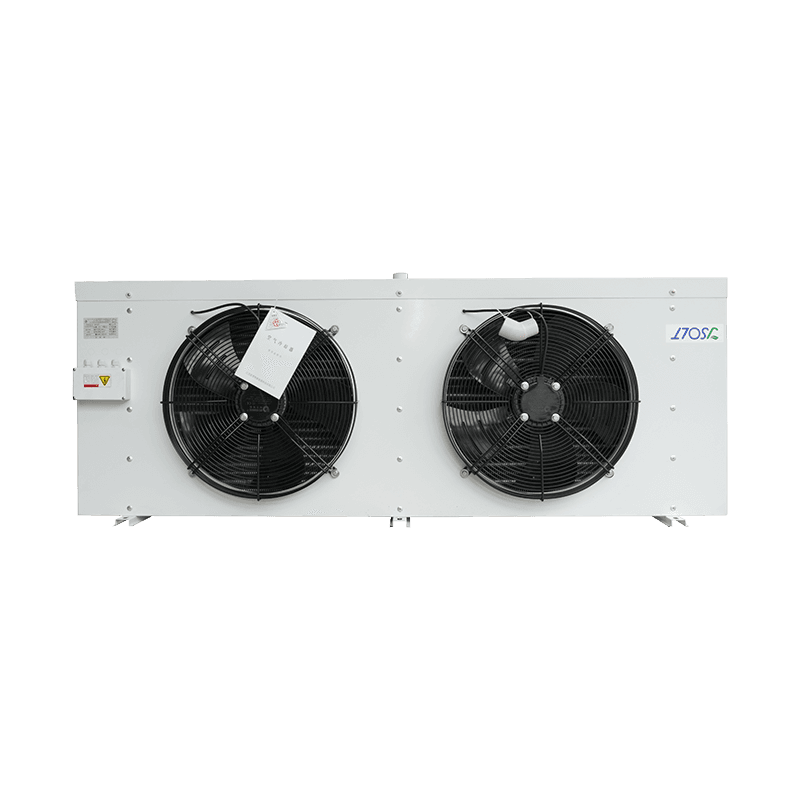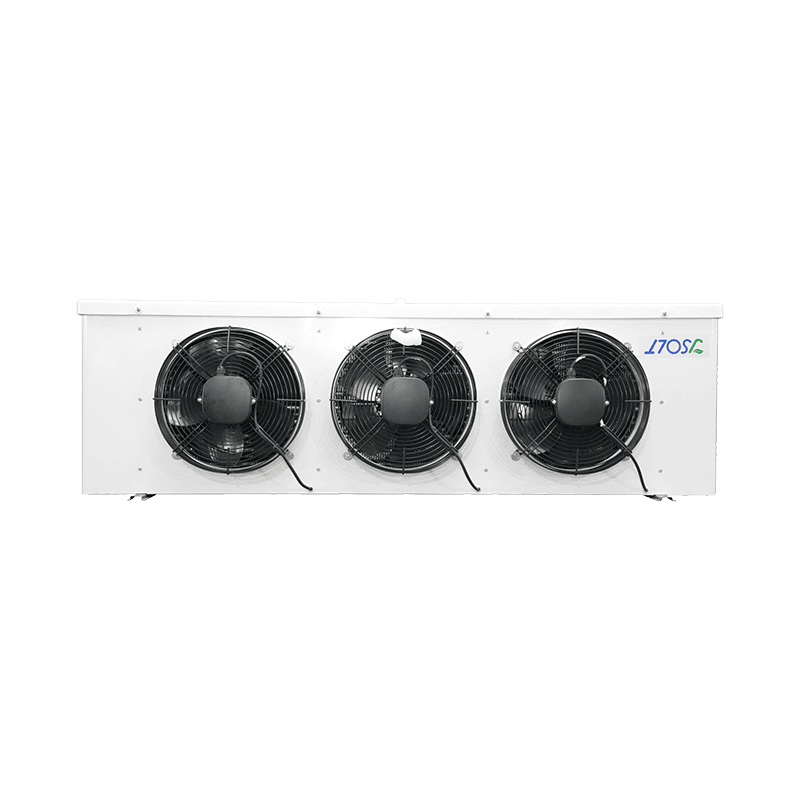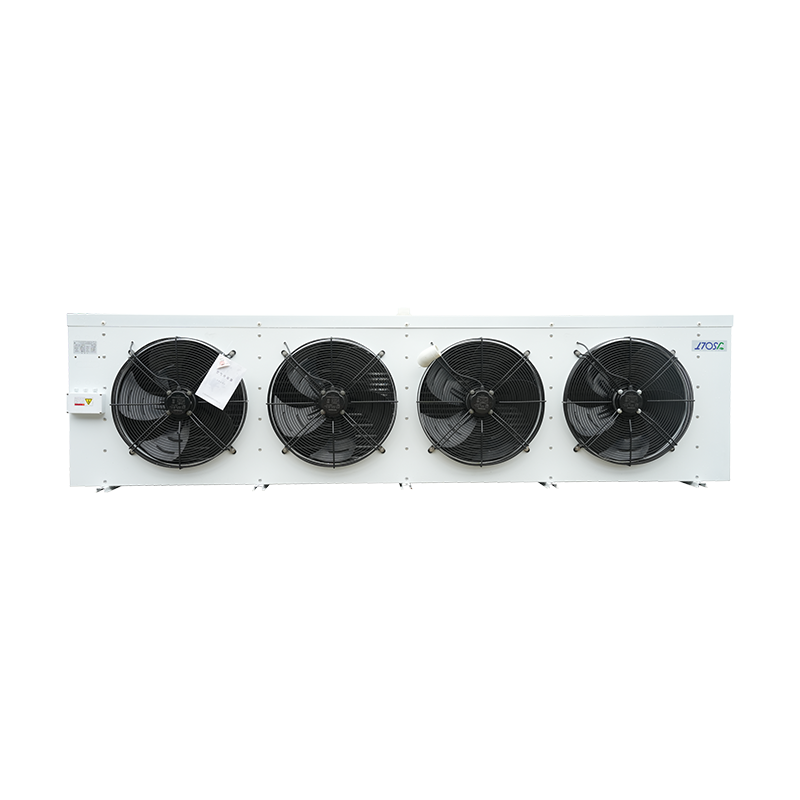
Web Menu
Product Search
Exit Menu
Product categories
News categories
RECENT POSTS
-
How to determine if the condensing unit capacity selection is appropriate?
Dec 26,2025 -
Why does the evaporator always scale up?
Dec 19,2025 -
What are the commonly used refrigerants in a Refrigeration System and their applicable ranges?
Dec 12,2025 -
How to quickly handle refrigerant leaks or icing in a Refrigeration System?
Dec 05,2025 -
What noise and vibration problems do high-power compressor condensing units generate?
Nov 28,2025
How does the performance of the AC evaporator in the refrigerator freezer affect overall cooling efficiency and energy consumption?
In modern refrigerator design, the freezer AC evaporator is one of the core components, which directly affects the cooling efficiency and energy consumption performance of the refrigerator. The function of the evaporator is to convert the refrigerant from liquid to gas during the refrigeration cycle, thereby absorbing the heat in the freezer to achieve cooling purposes. The performance of the evaporator not only affects the cooling effect, but also significantly affects the energy consumption of the refrigerator. This article will explore the impact of AC evaporator performance on refrigerator cooling efficiency and energy consumption from the perspectives of cooling efficiency, heat exchange performance, material selection, design optimization and maintenance needs.
1. Cooling efficiency and heat exchange performance
The performance of the freezer AC evaporator is closely related to its heat exchange efficiency. The evaporator absorbs heat through contact with the refrigerant. The higher the heat exchange efficiency, the better the cooling effect of the freezer. A high-quality evaporator can lower the temperature of the freezer faster within a certain period of time and reduce the frequency of compressor operation, thereby reducing energy consumption. This also means that the high-efficiency evaporator can reach the preset low temperature level in a short time and can reduce the loss of refrigerant while maintaining low temperature.
The material and design of the evaporator directly determines the heat exchange performance. For example, aluminum alloy and copper materials are often used in the manufacture of evaporators due to their excellent thermal conductivity. Copper material has extremely high thermal conductivity, allowing the refrigerant to absorb and transfer heat more quickly when flowing through the copper evaporator, while aluminum alloy is lighter and more durable while maintaining good thermal conductivity. By optimizing heat exchange performance, the evaporator performs better during the freezing process, reducing energy waste and improving overall cooling efficiency.
2. Evaporator design optimization and energy efficiency performance
Optimized design of modern refrigerator evaporators also contributes to improved energy efficiency. For example, some high-efficiency evaporators adopt a micro-channel design, which can expand the contact area with the refrigerant and improve heat transfer efficiency. In addition, the shape, spacing and arrangement of the evaporator fins also affect the cooling effect. Appropriate fin design can effectively increase the surface area of the evaporator and enhance heat transfer capabilities, thereby improving cooling efficiency. With the help of efficient design, the evaporator can achieve better cooling effect with lower power, which plays an important role in the energy-saving performance of the entire refrigerator system.
3. Effect of evaporator performance on compressor
The performance of the evaporator is directly related to the operating status of the compressor. The AC evaporator in the freezer has good performance and can complete the cooling cycle in a short time, reducing the need for frequent starts and stops of the compressor. This not only reduces the wear of the compressor and extends its service life, but also reduces the overall power consumption of the refrigerator. Conversely, if the evaporator performance is insufficient, the compressor will have to run more frequently, causing energy consumption to rise. In addition, frequent starting of the compressor may also cause overheating, thereby increasing the need for equipment maintenance. Therefore, the efficient performance of the evaporator has a profound impact on reducing the energy consumption of the refrigerator.
4. Influence of evaporator material selection
The material of the evaporator directly affects its performance and energy consumption. Common evaporator materials mainly include aluminum, copper and composite materials. Copper has excellent thermal conductivity, which can effectively promote the phase change process of the refrigerant and accelerate cooling efficiency. Aluminum alloy evaporators, on the other hand, excel in terms of weight, corrosion resistance, and cost. In addition, with the advancement of technology, some composite materials and nano-coating materials have also begun to be used in evaporator design. These materials can not only improve thermal conductivity, but also have anti-corrosion functions, making the evaporator more durable in high-humidity freezing environments. .
Material selection not only determines the thermal conductivity efficiency of the evaporator, but also has a direct impact on its energy consumption performance. Choosing appropriate materials can effectively reduce heat loss in the cooling cycle, allowing the refrigerant to achieve the desired temperature effect at lower power, thereby achieving a higher energy efficiency ratio.
5. Impact of evaporator maintenance on energy consumption
Routine maintenance and cleaning of the evaporator is equally important. If too much frost or ice accumulates on the surface of the evaporator, its heat exchange efficiency will be reduced, causing the compressor to run more frequently and increasing energy consumption. Modern refrigerator freezers are generally equipped with an automatic defrost function to help maintain the efficient working condition of the evaporator. However, the user's reasonable use and regular inspection are still important measures to ensure the efficient performance of the evaporator. Good maintenance ensures that the evaporator is always in optimal working condition, thereby reducing unnecessary energy consumption.
←
How does the low-noise fully enclosed compression condensing unit reduce operating noise through design?
→
What are the key factors to pay attention to when installing the LKPG Series Refrigeration Condensing Unit?
related products

-
 224 Yongping Road, Science and Technology Enterpreneurship Park, Gaogang District, Taizhou City, Jiangsu Province
224 Yongping Road, Science and Technology Enterpreneurship Park, Gaogang District, Taizhou City, Jiangsu Province  +86-18082061600
+86-18082061600 [email protected] / [email protected]
[email protected] / [email protected]
Copyright © 2024 Taizhou Best Refrigeration Equipment Manufacturing Co., Ltd All Rights Reserved. Refrigeration Equipment Manufacturer Custom Refrigeration Equipment Factory


 EN
EN
 English
English русский
русский Español
Español